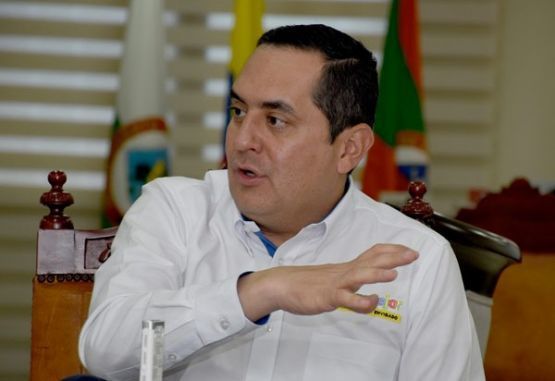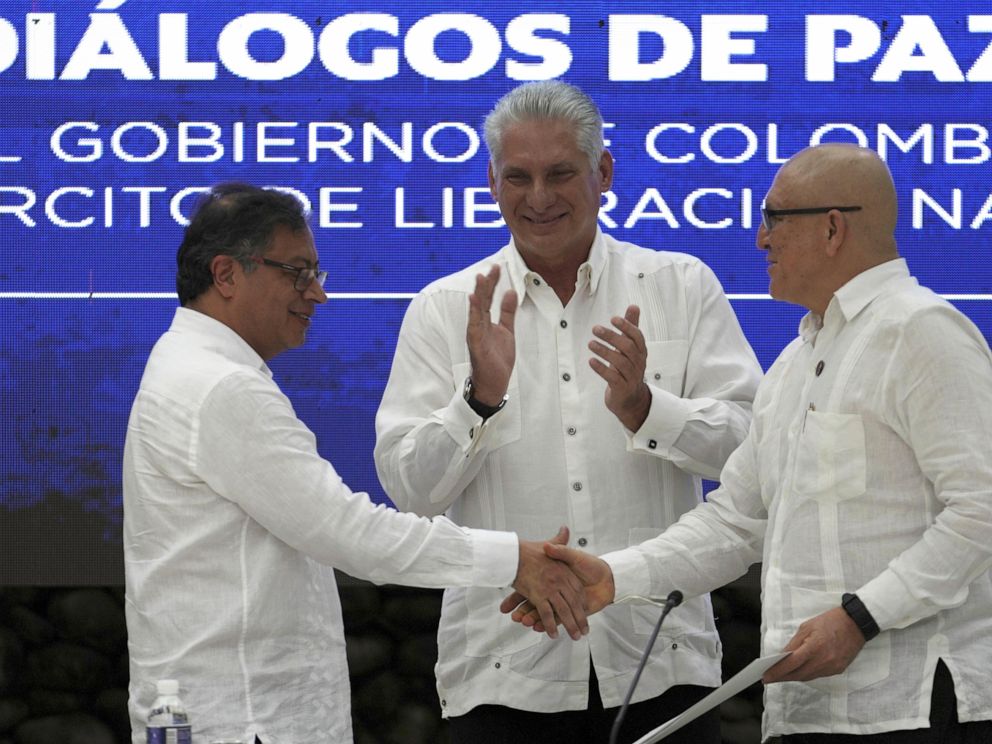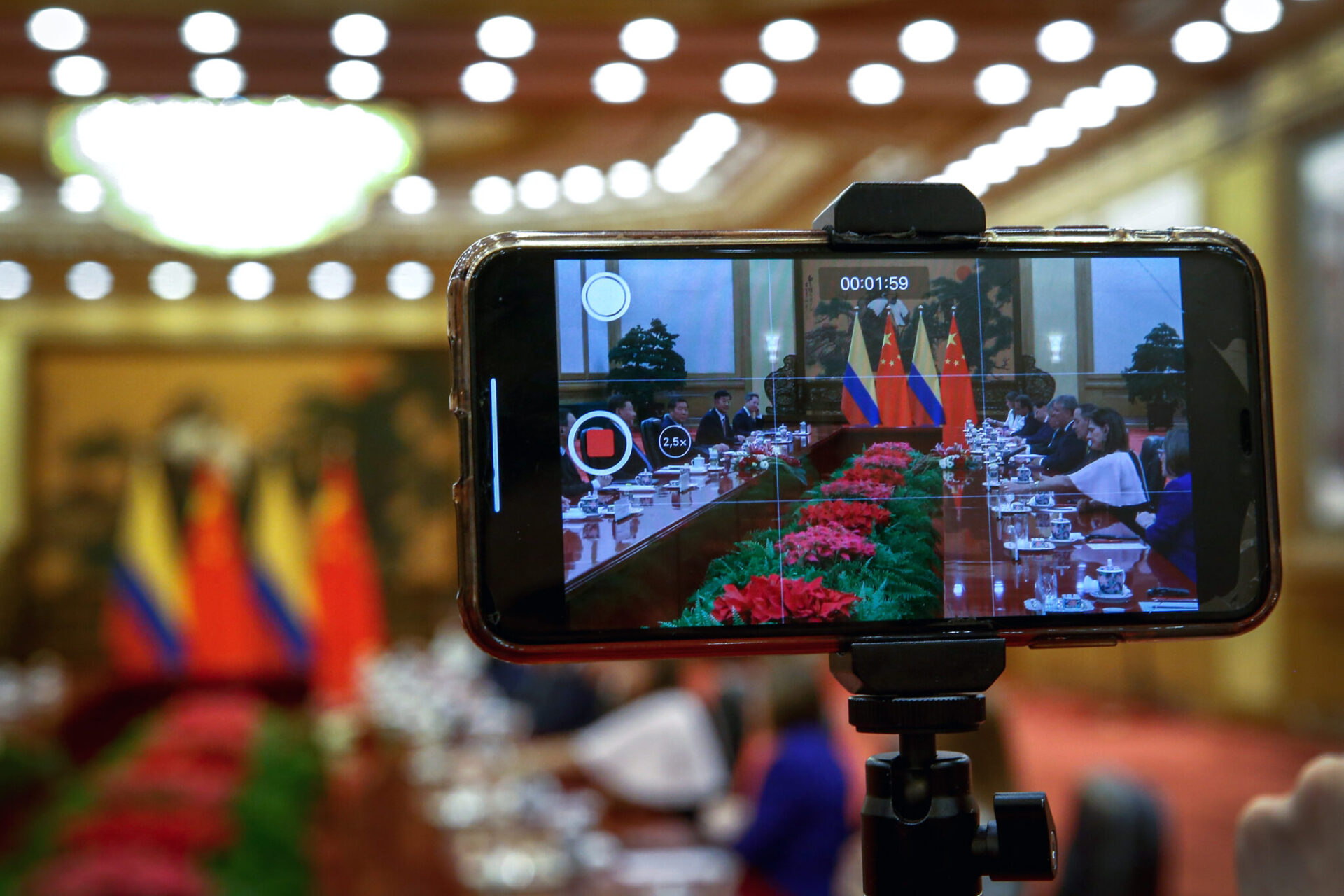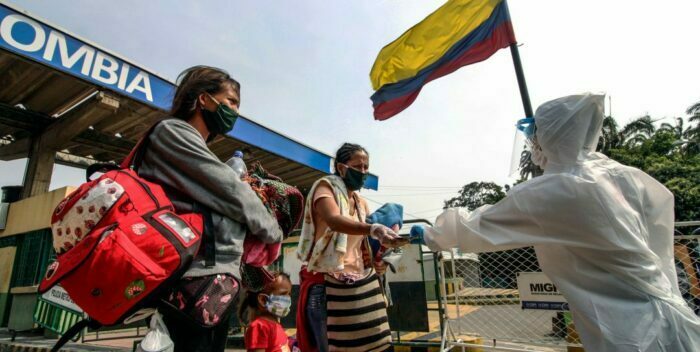Mass Demonstrations Against Petro Scheduled Throughout Colombia with Marcha de la Mayoría
Colombia’s President Petro Confronts Major Anti-Government Protest Amid Escalating Scandals
As Gustavo Petro approaches his first year as Colombia’s president, he faces a well-organized anti-government demonstration known as the Marcha de la Mayoría (March of the Majority). Summonsed by opposition parties and civic groups, people from all walks of life will take to the streets in the country’s largest cities, expressing their dissatisfaction with a government marred by political scandals. Shocking revelations from Semana magazine, suggesting the presence of illicit funds in the 2022 Petro Presidente campaign, have further fueled public outrage.
The situation in Colombia has reached a tipping point, pushing the nation to a critical juncture as deep-rooted social and economic issues come to the forefront. The ongoing protests are grounded in the perception of a growing disconnect between President Petro’s promises and the economic realities. Despite his election platform’s commitment to addressing long-standing problems like income inequality, corruption, and social injustice, many Colombians are disillusioned with a government that wastes public resources and are apprehensive of Petro’s overtly authoritarian public discourse.
Furthermore, the government’s handling of security challenges, including the «total peace» agenda with ELN guerrillas and FARC dissidents, as well as the surge in kidnapping and drug trafficking unprecedented in the past two decades, lacks accountability.
As right-wing opposition leaders demand Petro’s resignation, the President’s response to criticism, both from mainstream and independent media, is under intense scrutiny. While Petro’s administration acknowledges citizens’ right to peaceful assembly, it remains dismissive of the opposition, and his social media narratives are becoming increasingly divisive and radicalized.
Colombia at a Crossroads: Marcha de la Mayoría Reflects Deepening Socio-Political Tensions
With a significant anticipated turnout in major cities like Bogotá, Cali, Medellín, Barranquilla, Pereira, Cartagena, and Bucaramanga, the Marcha de la Mayoría emerges as President Petro embarks on another international trip, this time to Paris, France, shortly after completing a five-day visit to Germany. The anti-government demonstration on Tuesday occurs amidst a widening political scandal involving illicit wiretapping and allegations of campaign finance violations. The background of the scandal was brought to light in an Op-Ed titled «How Colombia’s First Leftist Presidency was Derailed,» published in The Washington Post, raising the question of Petro’s survival.
As the President faces serious accusations from both the Office of the Attorney General and his former Ambassador to Venezuela, Armando Benedetti, Petro argues that a «soft coup» has been orchestrated to hinder his progressive reforms in healthcare, pensions, and labor. Against a backdrop of escalating polarization and targeted attacks on free speech, Tuesday’s march assumes critical significance as it stands poised to shape the political trajectory of a nation at a crossroads.
The message of the Marcha de la Mayoría will undoubtedly resonate beyond Colombia’s borders, reverberating throughout the wider region. Other leftist leaders in Latin America, who rode the wave of social revolt during the «pink tide,» now face plummeting approval ratings while contending with a resurgent conservative and right-wing political opposition. The outcome of this mobilization carries immense consequences, influencing not only the fate of the country but also the trajectory of the broader regional landscape.










